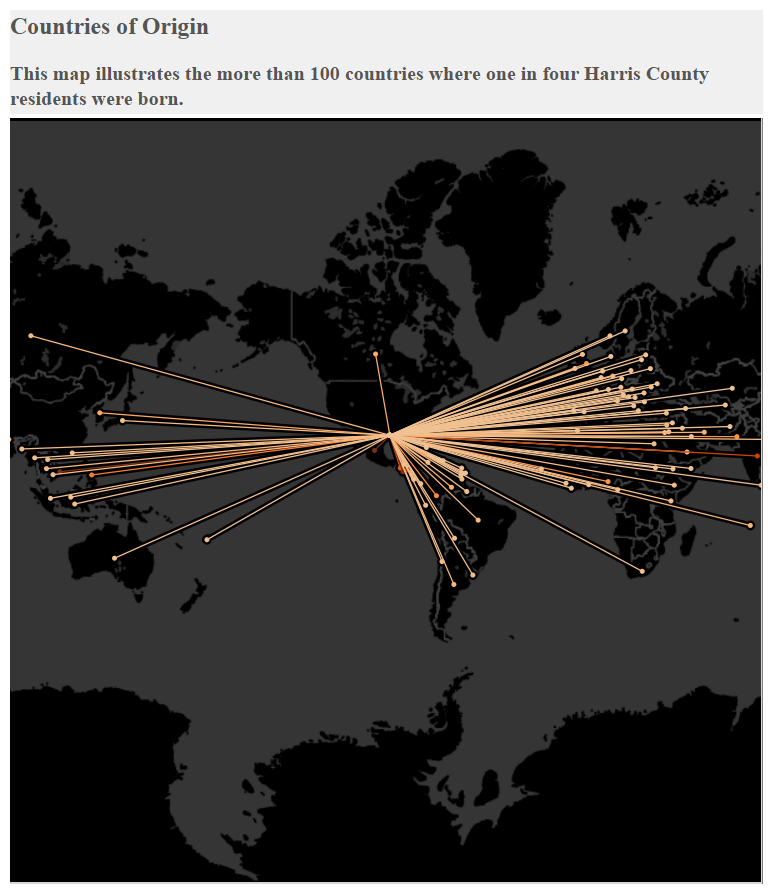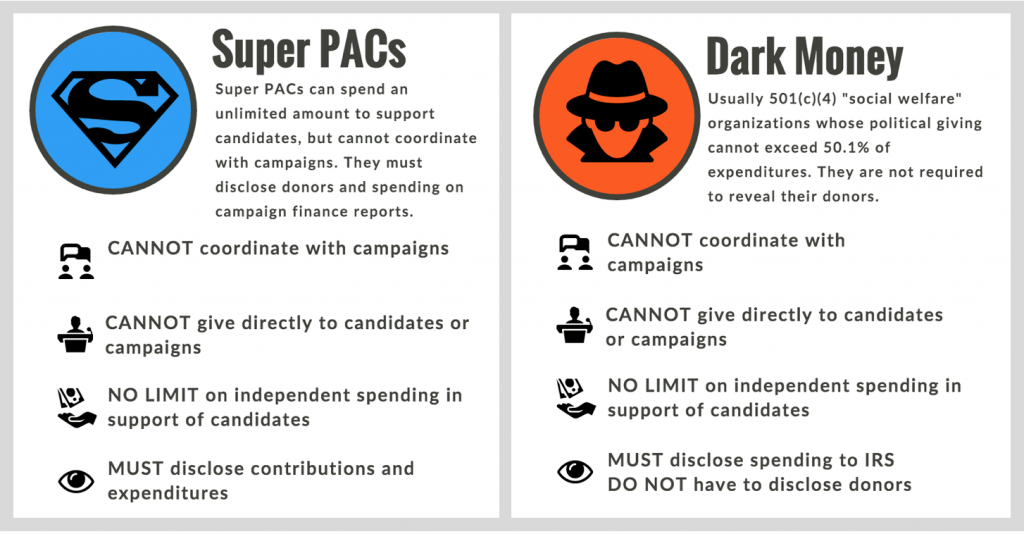Now many of the emails I receive about certain FBI cases make sense.
*** The document referring to the FBI tour of the Geek Squad facility in Kentucky.
After the prosecution of a California doctor revealed the FBI’s ties to a Best Buy Geek Squad computer repair facility in Kentucky, new documents released to EFF show that the relationship goes back years. The records also confirm that the FBI has paid Geek Squad employees as informants.
EFF filed a Freedom of Information Act (FOIA) lawsuit last year to learn more about how the FBI uses Geek Squad employees to flag illegal material when people pay Best Buy to repair their computers. The relationship potentially circumvents computer owners’ Fourth Amendment rights.
The documents released to EFF show that Best Buy officials have enjoyed a particularly close relationship with the agency for at least 10 years. For example, an FBI memo from September 2008 details how Best Buy hosted a meeting of the agency’s “Cyber Working Group” at the company’s Kentucky repair facility.
The memo and a related email show that Geek Squad employees also gave FBI officials a tour of the facility before their meeting and makes clear that the law enforcement agency’s Louisville Division “has maintained close liaison with the Geek Squad’s management in an effort to glean case initiations and to support the division’s Computer Intrusion and Cyber Crime programs.”
Another document records a $500 payment from the FBI to a confidential Geek Squad informant. This appears to be one of the same payments at issue in the prosecution of Mark Rettenmaier, the California doctor who was charged with possession of child pornography after Best Buy sent his computer to the Kentucky Geek Squad repair facility.
Other documents show that over the years of working with Geek Squad employees, FBI agents developed a process for investigating and prosecuting people who sent their devices to the Geek Squad for repairs. The documents detail a series of FBI investigations in which a Geek Squad employee would call the FBI’s Louisville field office after finding what they believed was child pornography.
The FBI agent would show up, review the images or video and determine whether they believe they are illegal content. After that, they would seize the hard drive or computer and send it to another FBI field office near where the owner of the device lived. Agents at that local FBI office would then investigate further, and in some cases try to obtain a warrant to search the device.
Some of these reports indicate that the FBI treated Geek Squad employees as informants, identifying them as “CHS,” which is shorthand for confidential human sources. In other cases, the FBI identifies the initial calls as coming from Best Buy employees, raising questions as to whether certain employees had different relationships with the FBI.
In the case of the investigation into Rettenmaier’s computers, the documents released to EFF do not appear to have been made public in that prosecution. These raise additional questions about the level of cooperation between the company and law enforcement.
For example, documents reflect that Geek Squad employees only alert the FBI when they happen to find illegal materials during a manual search of images on a device and that the FBI does not direct those employees to actively find illegal content.
But some evidence in the case appears to show Geek Squad employees did make an affirmative effort to identify illegal material. For example, the image found on Rettenmaier’s hard drive was in an unallocated space, which typically requires forensic software to find. Other evidence showed that Geek Squad employees were financially rewarded for finding child pornography. Such a bounty would likely encourage Geek Squad employees to actively sweep for suspicious content.
Although these documents provide new details about the FBI’s connection to Geek Squad and its Kentucky repair facility, the FBI has withheld a number of other documents in response to our FOIA suit. Worse, the FBI has refused to confirm or deny to EFF whether it has similar relationships with other computer repair facilities or businesses, despite our FOIA specifically requesting those records. The FBI has also failed to produce documents that would show whether the agency has any internal procedures or training materials that govern when agents seek to cultivate informants at computer repair facilities.
We plan to challenge the FBI’s stonewalling in court later this spring. In the meantime, you can read the documents produced so far here and here.





